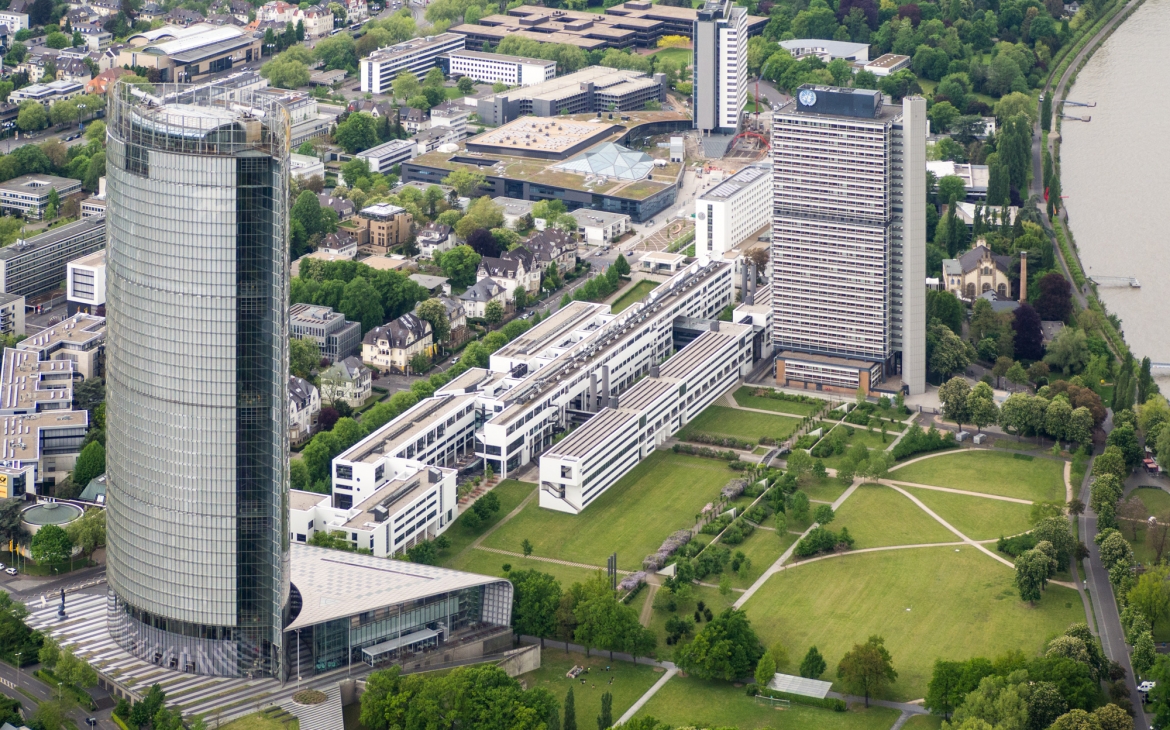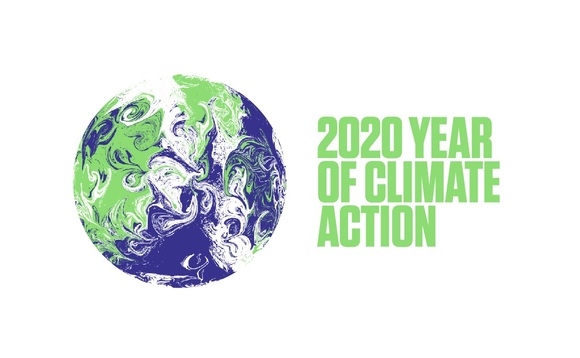I am a PhD student working in the CCLAD project and I am interested in the relationship between science and policy. Last week I was in Bonn, Germany to observe the 10th meeting of the Warsaw International Mechanism for Loss and Damage Executive Committee (WIM ExCom). It was my first time observing a WIM ExCom meeting, and my first attempt to apply my ‘ethnographic gaze’ in the field. Here, I briefly summarise the meeting and reflect on my experience in applying ethnographic methods in this setting.
The meeting
The purpose of this WIM ExCom meeting was to finalise the Annual Report and the action plans for the Task Force of Displacement (TFD) and the Technical Expert Group on Comprehensive Risk Management (TEG-CRM). The meeting was well attended by observers from the Environmental non-governmental organisations (ENGO), Research and independent non-governmental organisations (RINGO) and the Youth constituency (YOUNGO), as well as from Parties such as Chile, Indonesia, and South Africa.
The main sticking point during the meeting was, unsurprisingly, in conjunction with accessing finance. One ExCom member argued that the time has come for the committee to start considering allocating finance to WIM ExCom activities. This evolved into a sensitive discussion where some developed countries listed all the work (such as workshops and policy-briefs) that had been carried out in conjunction with the workstream focusing on action and support, including finance, technology and capacity-building. However, the ExCom member who initiated the discussion continued to challenge the progress achieved on finance. He was supported by observers, who highlighted that ‘finance’ was mentioned four times in the first part of the ExCom Report. But rather than addressing how the committee should address the issue of (the perceived lack of) finance, the three out of four times finance were mentioned in the report were in conjunction with ‘the Standing Committee on Finance’
The meeting was initially open to observers. However, after the ExCom members had listed their preferences on recommendations to the ExCom report, the meeting continued in a closed session. When the meeting was open to observers again the plan of action for both the TFD and TEG-CRM was adopted, along with the recommendations to the report.
Reflections
Ethnographic methods are useful for making sense of interactions that otherwise can be too abstract to measure. Data is “generated” (rather than “collected”) though immersion in a field where the researcher acts as the analytical instrument in the sense-making process. In a negotiation setting, ethnography can enable a researcher to read between the lines and, in a trustworthy way, connect dots that might otherwise might not have been connected.
Applying an ethnographic gaze in this context can be challenging. Firstly, you need time to familiarise yourself with the actors, their position and the processes of the meeting. I had prepared by reviewing our team’s notes from previous observations, reading previous decisions, reports, and newsletters. Secondly, many interactions occur simultaneously, forcing the researcher to choose specific markers while still trying to take as detailed notes as possible for developing what the anthropologist Clifford Geertz calls a “thick description”. Thirdly, as the ExCom meetings can close to observers at any time, some might question the utility of ethnographic work on political meetings like these. However, what we are allowed to see still enables us to gain a richer understanding of the different interactions between members, observers, and the secretariat.
Despite the challenges outlined above, I argue that ethnography is a useful and important tool for conducting research. While it helps us to make sense of a complex issue, it is also important for the sake of transparency of international policy work. Observing this meeting made me realise how many compromises underpin finalised versions of the official documentation emerging from the meetings. The participant observation provided me with more nuance than I would have gotten from interviews and text analysis alone. Therefore, I, on behalf of the CCLAD team, am grateful to the RINGO constituency for facilitating access to the meeting.






